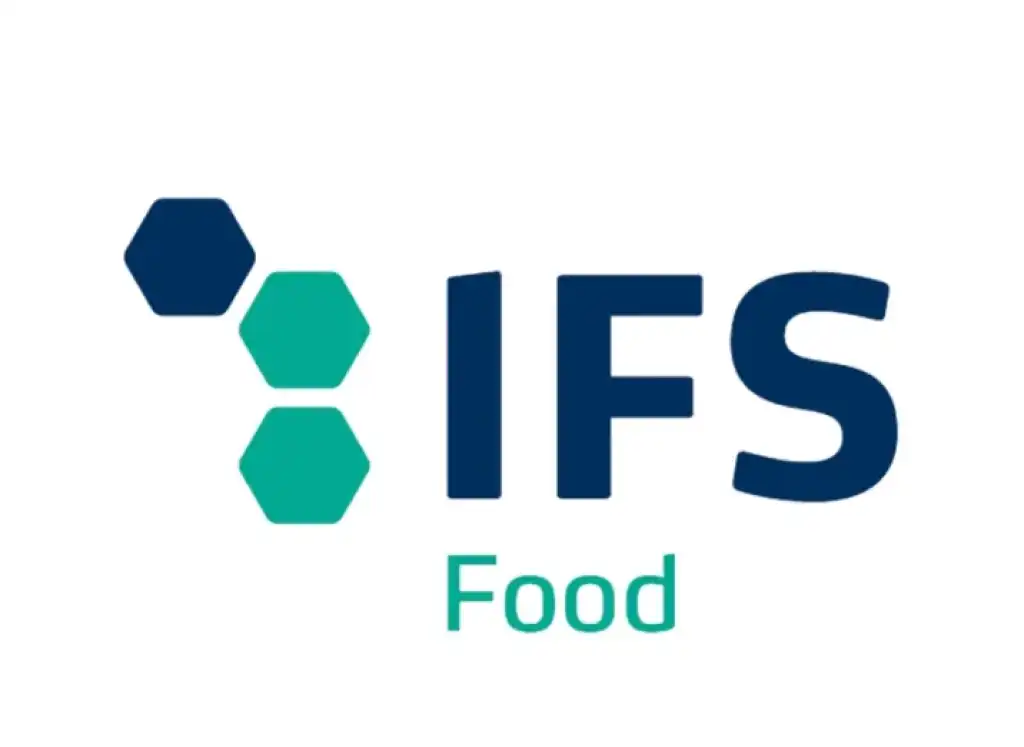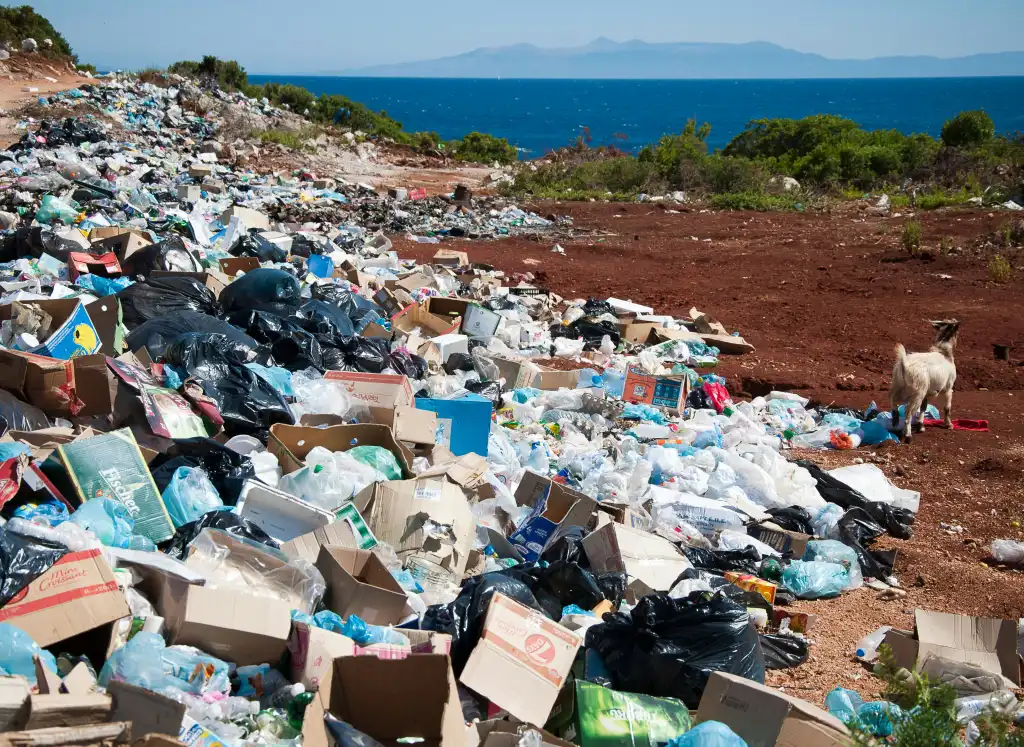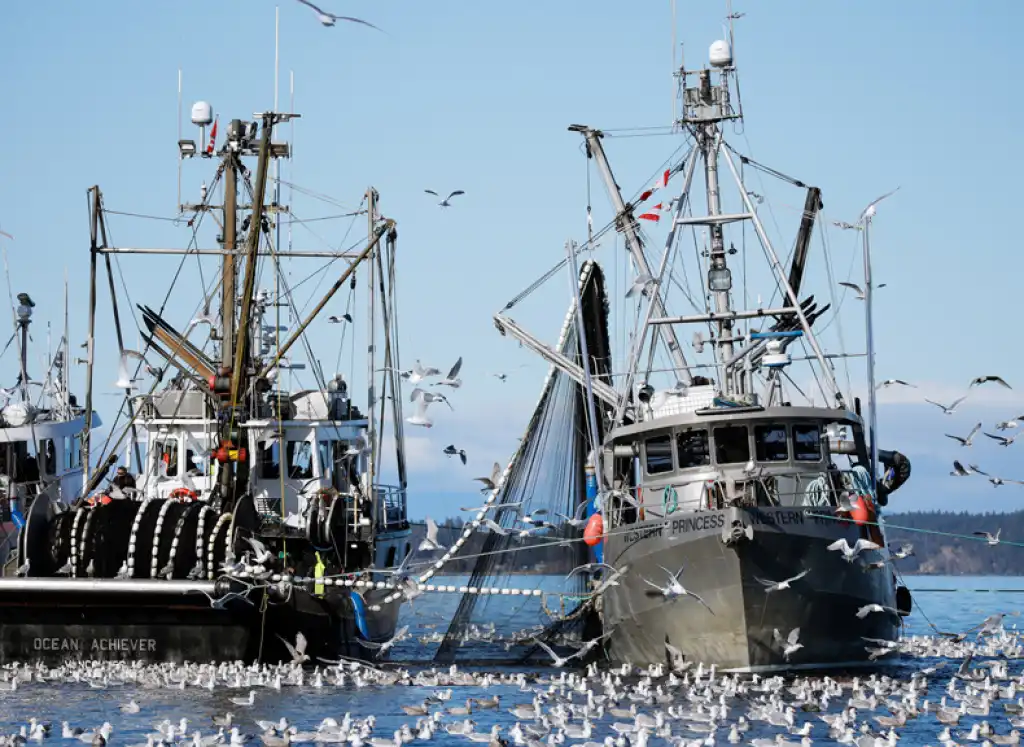Strategy for Plastics in the Circular Economy
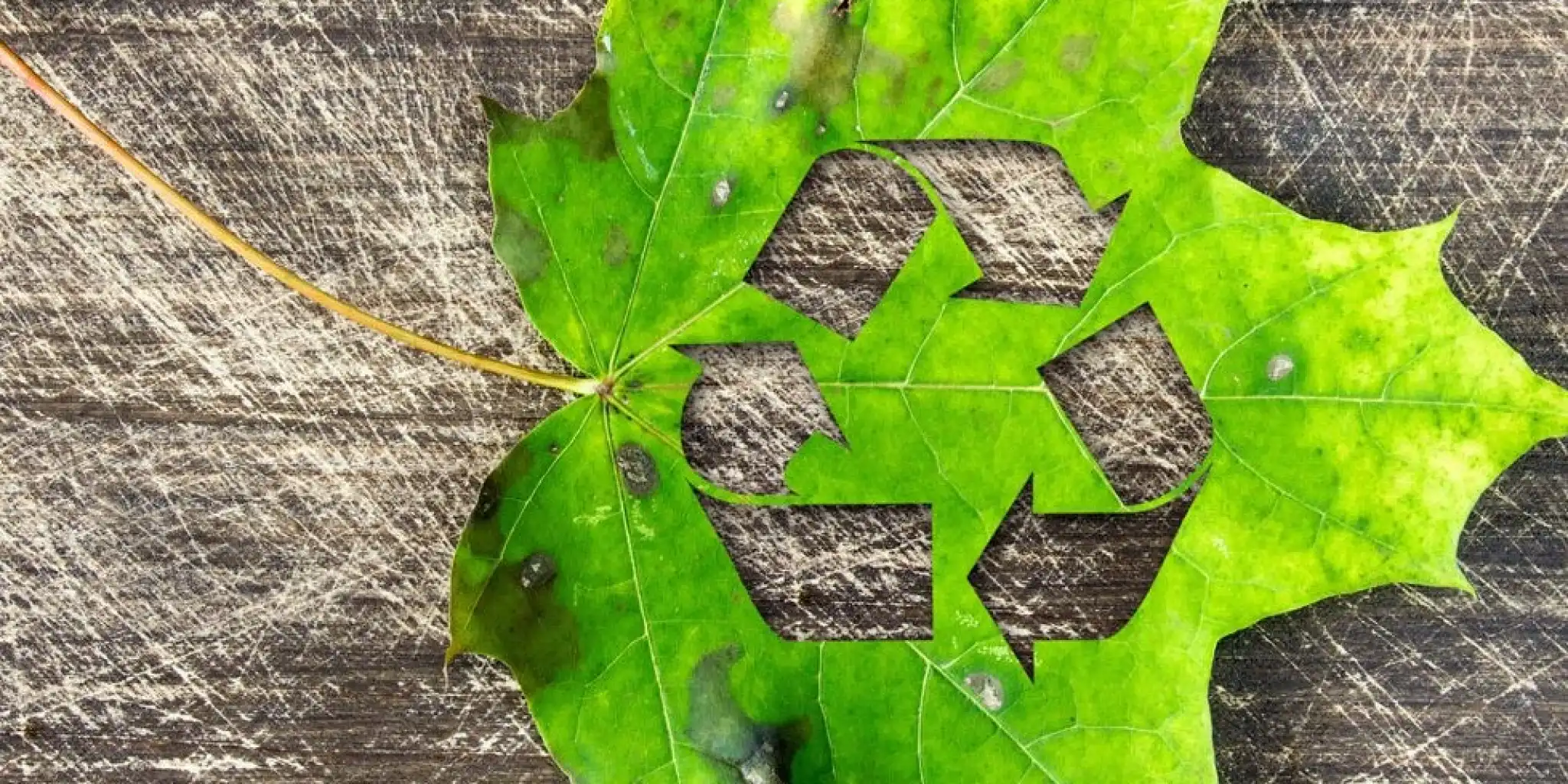
European Commission proposal and increasingly aware consumers
In the era of green policies and sustainability, the issue of single-use plastics — as some might call it “that ugly business” — is certainly a current topic. It requires growing awareness from all stakeholders involved.

Rising consumption and impacts on ecosystems
A report by Break Free From Plastic Europe indicates that global plastic consumption has increased more than 20-fold over the past 50 years, and estimates suggest that consumption could double again by 2034 if trends do not change.
The massive amounts of plastic ending up in our seas have a significant impact on natural environments and their ability to provide crucial ecosystem services. Once in the environment, plastic debris can persist for hundreds of years, causing extensive damage to communities.
Microplastics derived from the degradation of plastics, along with additives they may carry — such as stabilizers, flame retardants, colorants, etc. — can bioaccumulate in fish and shellfish, leading to potentially toxic substances entering the human food chain.
Awareness of the environmental crisis, and thus the need to transition rapidly to more sustainable consumption systems, is growing. In the EU, surveys have shown that 92% of citizens support actions to reduce the use of single-use plastic products, 87% are concerned about the environmental impact of plastics, and 74% are concerned about the impact plastics may have on their health.
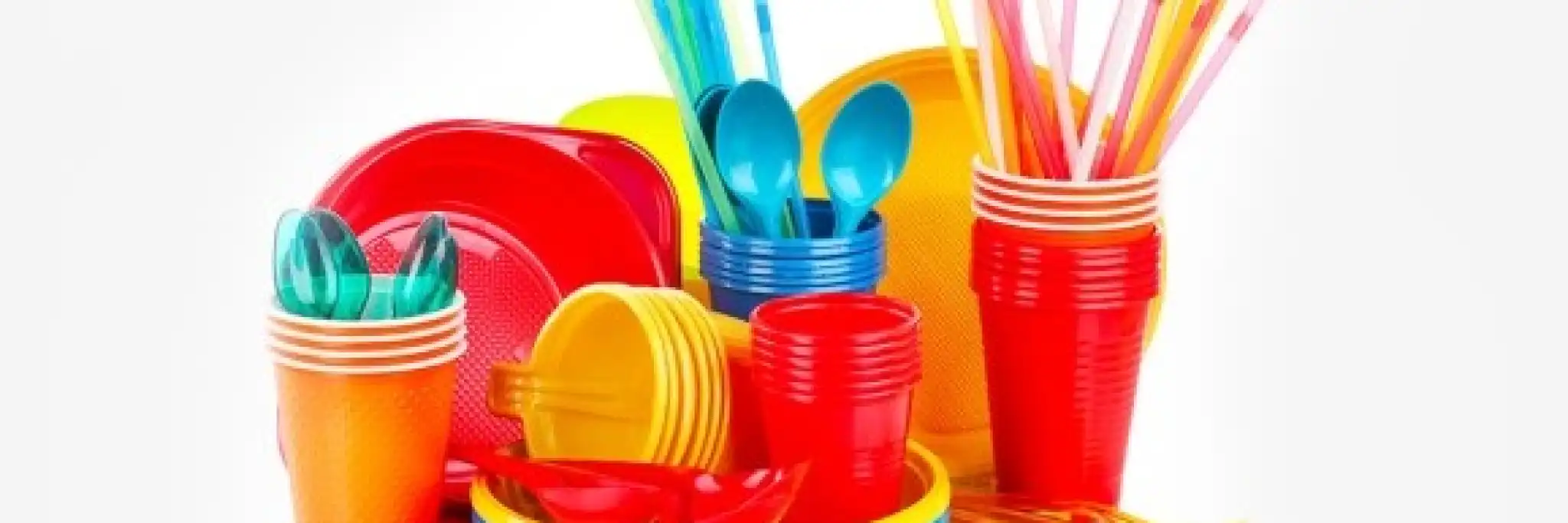
EU Strategy and the SUP Directive
In line with this general trend, 2018 saw the European Commission take a clear stance on reducing single-use plastic pollution, launching the “Strategy for Plastics in the Circular Economy.” A little over a year later, in June 2019, the Commission reinforced its commitment by issuing the EU Directive on “Reducing the Impact of Certain Plastic Products on the Environment” — better known as the SUP Directive.
The directive’s aim is to make the previous year’s intentions concrete by defining a series of policy measures that EU countries must implement to address the problem of “single-use plastic items found on beaches” by July 2021. The underlying rationale is to encourage an economy based on reusable products. Systems built on reusable items have proven highly effective and represent a concrete solution to the single-use plastics problem. The Break Free From Plastic Europe report provides examples of reuse-based best practices, analyzing specific product categories identified as among the most problematic within the Directive.
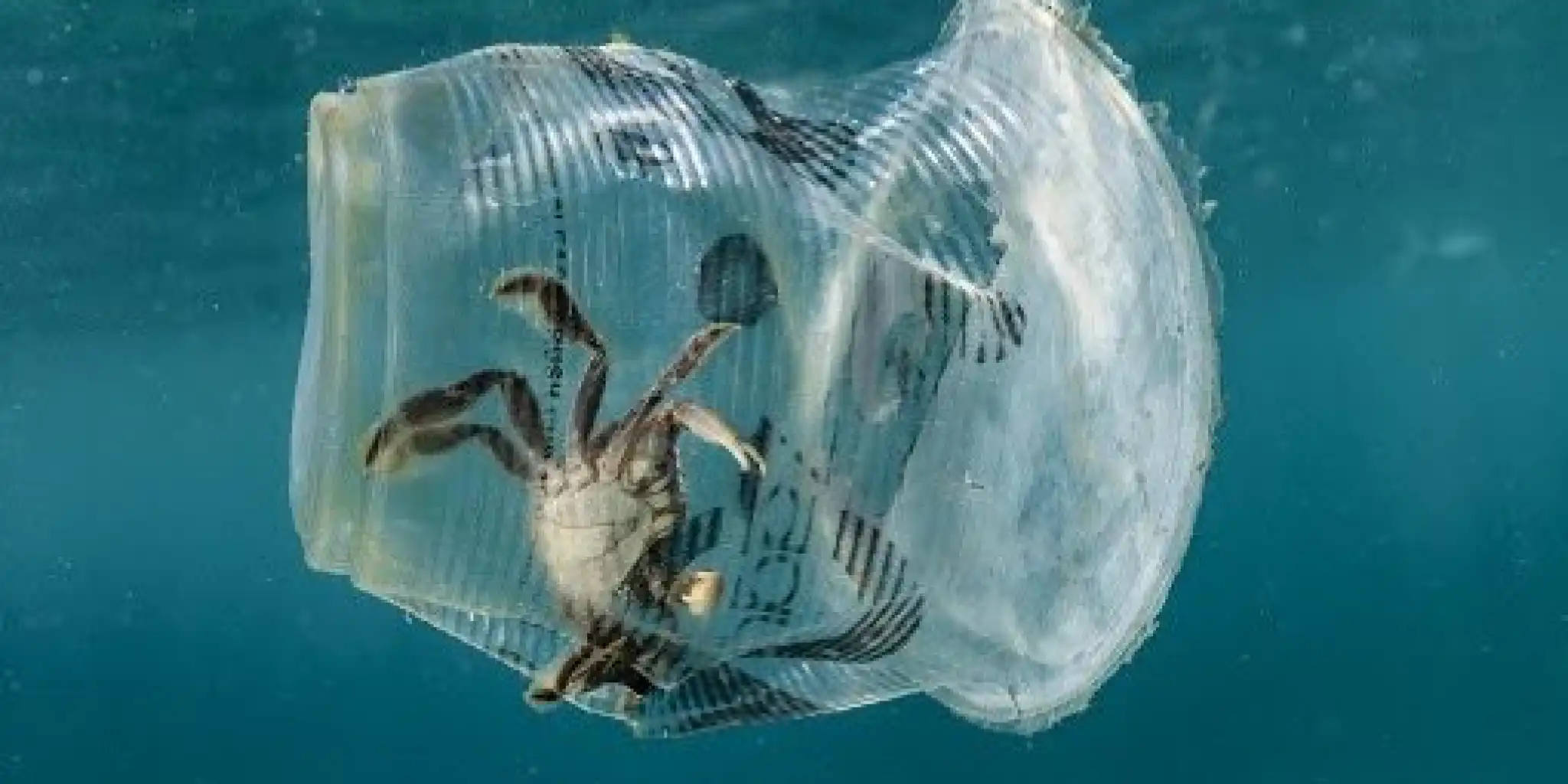
Foodservice and the food industry: change is inevitable
In this context, the world of foodservice and the food industry at large are inevitably called into question. Recognizing the need for change and acting promptly to develop new solutions is no longer optional, but a must.
Caught between the anvil of regulation and the hammer of consumer demands, the food industry must adopt a medium- and long-term vision to address this issue. As a directly affected sector, it will have to play a leading role in this transition, investing in new sustainable development models to effectively face future challenges.
Daniele Druella
Biologist
